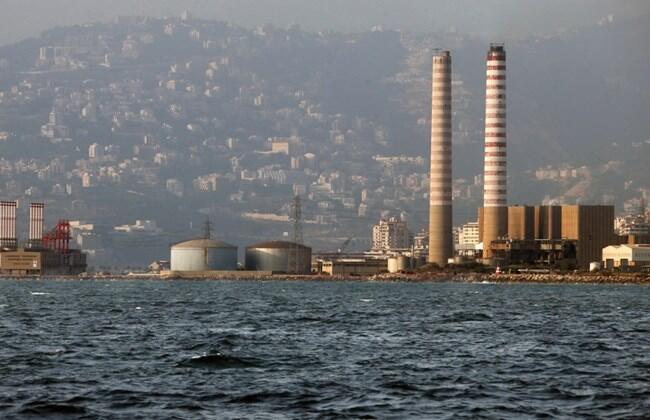Dmitry Konukhov, research associate, Center for Energy and Security Studies of the Russian Federation, said agreements for Russian-built nuclear reactors across the region had already been reached. He estimated that there may be as many as nine nuclear reactors spread out across Egypt, Iran, Turkey and Jordan by 2030. Dr. Nesreen Ghaddar, AUB’s associate provost and Qatar chair in Energy Studies, told The Daily Star that Lebanon’s energy grid could benefit from these developments. “Let’s say you have the plant in Jordan, you can then guarantee that you have some continuous power [in Lebanon] through some agreements,” Ghaddar explained. The possibility of setting up power sharing agreements through multinational bodies was considered at the workshop. The Lebanese Atomic Energy Commission is also exploring the feasibility of building a reactor in Lebanon. “The Lebanese Atomic Energy Commission is conducting an IAEA project on a feasibility study of a small research reactor and cooperating with potential stakeholders and end users, in particular some universities in Lebanon like AUB, [the Beirut Arab Universityand the Lebanese University],” said Mohamad Roumie, head of the Nuclear Security and Emergency Department at the CNRS. Roumie added that the main purpose of the reactor was to build and develop Lebanon’s capacity for any developments in the future. But Ghaddar warned that building a nuclear reactor as an energy source was dangerous in Lebanon due to its dense population and susceptibility to natural disasters. “I would be very wary of [building a nuclear reactor] because Lebanon is a very dense country. Where is your site?” she said. The workshop was a clear indication of regional countries’ commitment to exploring nuclear energy in the future. Ghaddar said that AUB is hoping to prepare its students and Lebanon to face this changing climate in the energy sector by introducing a Master of Science in Energy Studies – which has 18 students in its inaugural year – and a political Master of Arts. Students will need to be able to navigate the political considerations associated with the sector as well as the technical aspects, she added. “Lebanon cannot be separated from what’s going on the region … We can’t stay shy from that discussion,” Ghaddar said. “If we don’t have experts that understand these complexities, we’re just not part of the discussion.” Even traditionally oil rich Arab countries are exploring the nuclear energy option. Saudi Arabia’s commitment to exploring nuclear energy came as the biggest surprise to Ghaddar. The oil-rich country has been suffering from a high energy demand as it faces a growing population. The topic of nuclear energy in the region has made headlines recently due to negotiations between Iran and a bloc of world powers called the P5+1, which is led by the U.S., over Tehran’s nuclear program. Iran has long upheld that it uses nuclear energy solely for power generation, medical and research purposes but has been under heavy sanctions due to suspicions that it seeks to develop nuclear weapons. A framework agreement to resolve the standoff was ratified between Iran and P5+1 governments in April. Negotiations for a more permanent accord are still ongoing. Mazin Sidahmed| The Daily Star











